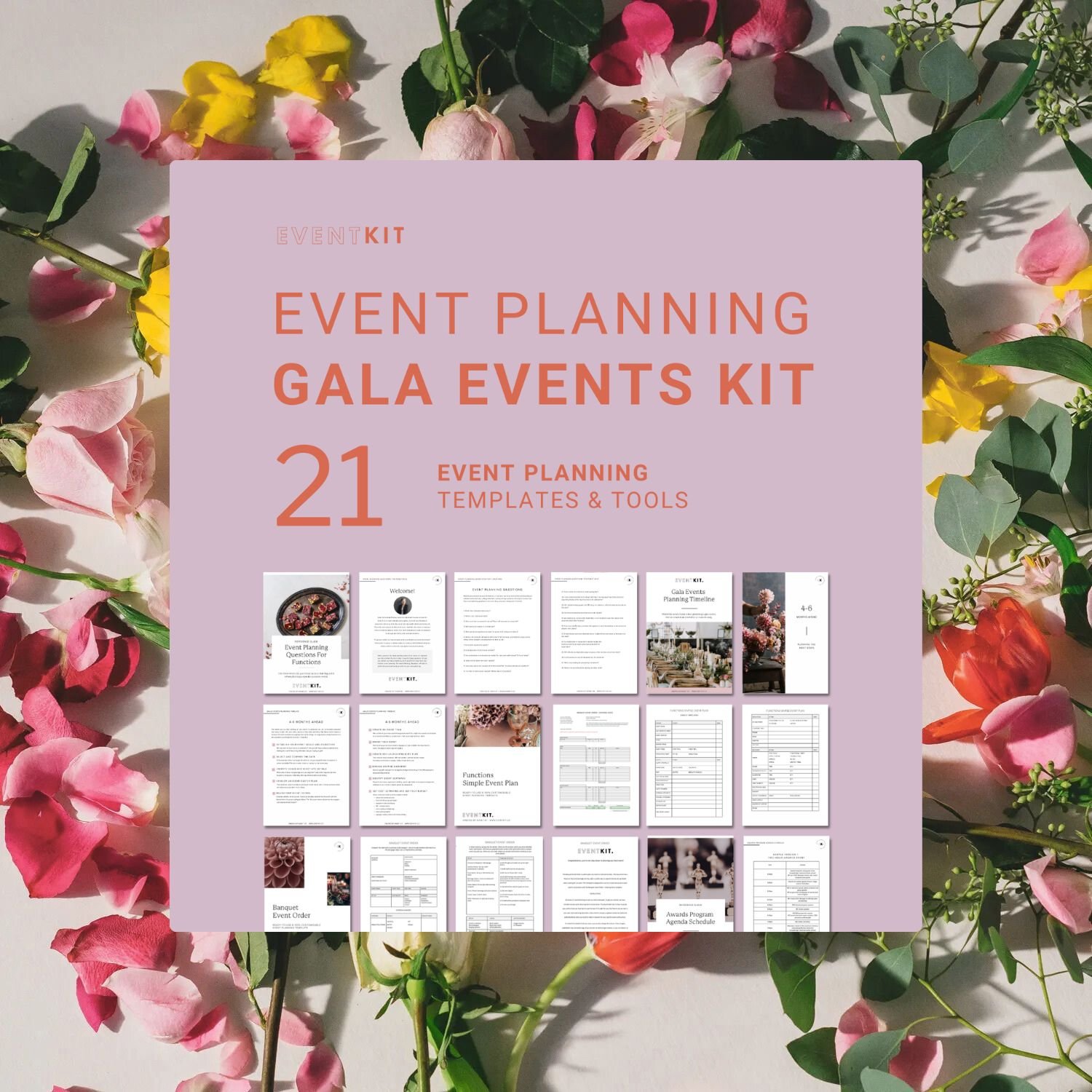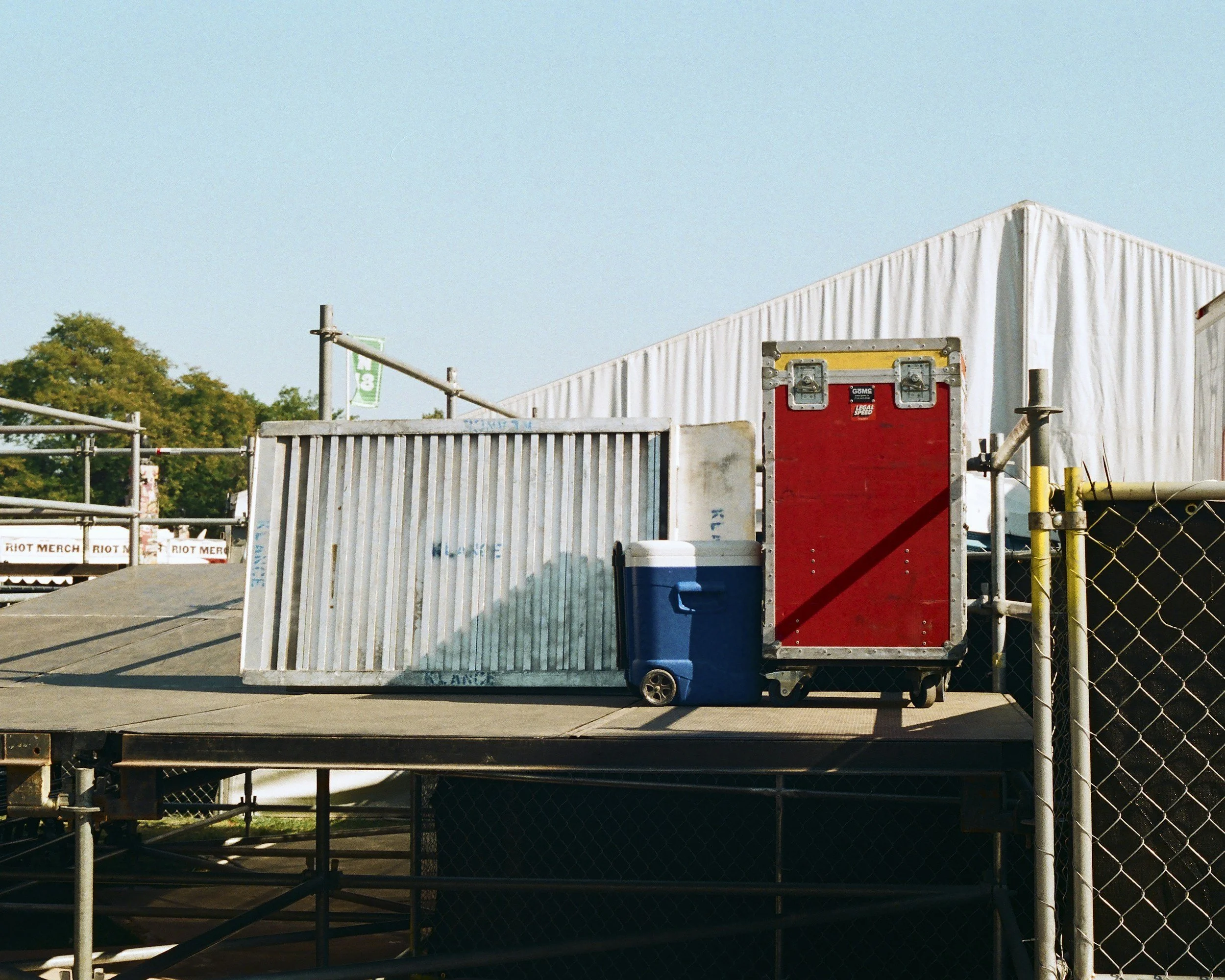Sustainable Event Planning Checklist
In today's world, planning sustainable events isn't just a trend, it’s a responsibility.
The best part? Going green doesn’t have to be expensive or overly complicated. It’s about making smarter choices that benefit both your event and the planet.
Sustainability can fit right into your existing event planning process, and by adopting eco-friendly practices, you’ll not only create memorable experiences but also leave a positive impact on the environment.
In this article, we look at how to get started with sustainable event planning so you can make the right choices from day one.
Sustainable Event Planning Process
The first step?
Take a look at your current practices and find areas where you can cut waste and reduce energy consumption. Look for suppliers and partners who share your eco-friendly values, so every part of your event reflects sustainability.
Once you've got your foundation set, engage your attendees, vendors, and stakeholders. Educate them about the importance of sustainability, and encourage them to participate in making your event more eco-conscious.
Pro Tip: Sustainability is an ongoing journey. Keep improving and stay on top of new strategies and technologies to enhance your efforts.
Your Sustainable Event Action Checklist
This checklist can help you reduce your event's environmental footprint while still creating an unforgettable experience for your attendees.
▢ Ditch the Single-Use Plastics: Say goodbye to plastic bags, plates, straws, and cutlery. It’s a small change with a big impact.
▢ No More Balloons: They’re not just bad for the environment; they’re so last season. Consider alternatives like flower arrangements or reusable fabric decor.
▢ Create a Waste Management Plan: Organize your event to have clear bins for general waste, recycling, and organic materials.
▢ Skip the Individual Sauce Sachets: Find ways to reduce excess packaging, especially single-use condiment packets.
▢ Partner with Eco-Conscious Vendors: Work with suppliers who prioritize sustainability, from catering to decor, ensuring every element of your event reflects your values.
▢ Choose Sustainable Venues: Opt for venues with strong sustainability practices and green certifications.
▢ Use Energy-Efficient Lighting and Equipment: Choose lighting, appliances, and equipment that minimize energy consumption.
▢ Sustainable Catering: Go for locally sourced, organic, and sustainable food options. When possible, get the story behind your food—where it’s from and how it’s made.
▢ Involve Your Attendees: Encourage your guests to be part of the sustainability journey by actively participating in waste reduction and eco-friendly actions.
▢ Measure and Monitor: Track your event’s environmental impact. Collect data on energy use, waste diversion, and carbon emissions. This will help you assess your impact and improve future events.
Sustainability isn’t just a buzzword — it’s a smart, long-term choice that benefits everyone. Ready to make your event more sustainable?
Start by taking small steps today, and watch your impact grow.
Want more practical event planning tips? Bookmark these extra guides.
How to Build an Event Day Timeline
Leveraging ChatGPT in Event Planning: New Ways to Creativity & Efficiency
You Might Also Like
Meet Your Mentor
Hi, I’m Rachella — founder of Event Kit, and an Event Consultant with 25+ years of experience running world-class festivals and public events. I started Event Kit because I knew there had to be a better way. These are the tools and tips I wish I’d had when I was starting out, and now I’m sharing them with you.
EVENT KIT LIBRARY
Guides & Tutorials: Expert Insights & Event Planning Inspiration
Your go-to for practical event planning advice, from beginner basics to smart professional development.























